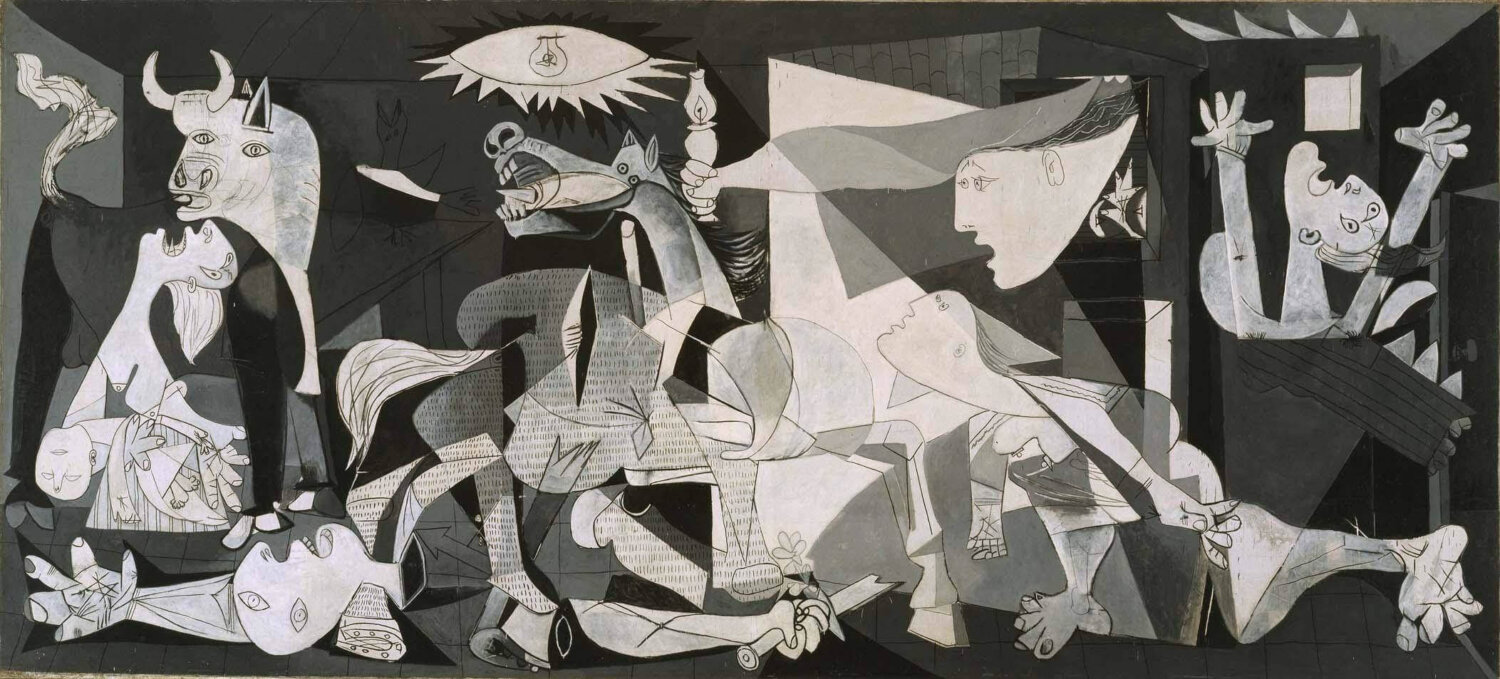Glenn Hughes is Professor Emeritus of Philosophy (retired) at St. Mary’s University in Texas. He is author of numerous books, most recently From Dickinson to Dylan: Visions of Transcendence in Modernist Literature (Missouri, 2020). He is also co-editor, with Charles R. Embry, of The Eric Voegelin Reader: Politics, History, Consciousness (Missouri, 2017).

